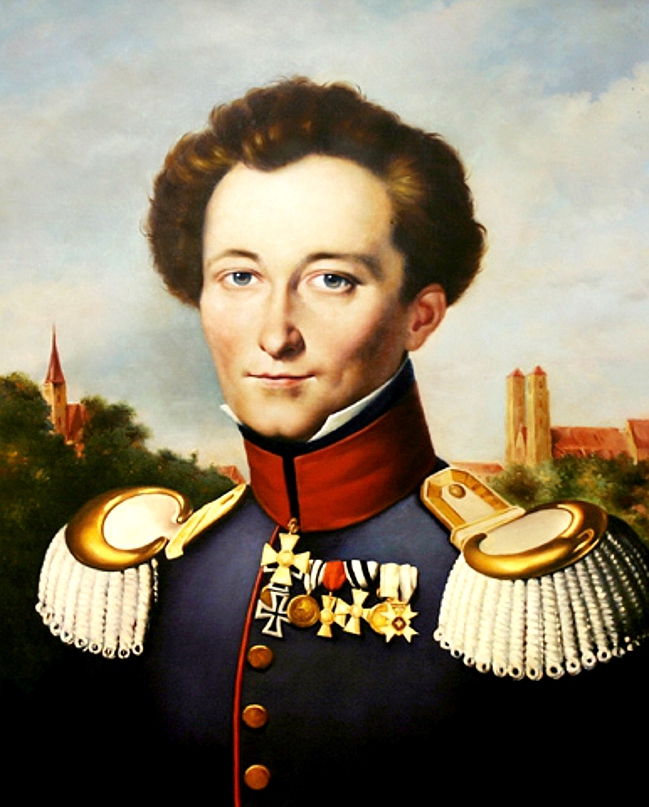 |
| This and unlabeled images from Wikimedia Commons |
these debates aren't as important as you think they are.
Every four years I watch the media obsess over these things. Every 4 years I watch political junkies like myself consume every word, from every pundit, considering every nuance of every potential ramification of every moment of each debate. It's like watching the leaves turn colors.
And every four years, the debates turn out not to have actually exerted any discernible outcome on the election.
Among the many (many, many) things discussed in the past week is the widespread dismay among political progressives at the president's performance. The best example of this was the reaction of MSNBC's Chris Mathews and Ed Schultz. Histrionic is not too strong a word to use for their reaction. It is particularly hard for me to grasp Mathews' hysteria; he understands politics as well as anyone in the country. You could even say he wrote the book about it.
Schultz moderated his rhetoric the next day. He did a very funny opening bit on his show where he spoofed the whole thing as a post-loss sports coach meeting with the press. Mathews is still defensive; he snapped at Dee Dee Myers on his show last night.
More generally, the media narratives have been "What was wrong with the President?", and "How badly has this hurt his chances for re-election", and "What does he have to do to come back from this loss." The narrative "Will Romney get away with his breath-taking dishonesty" went away after the first day.
The reaction in the progressive community has largely mirrored these narratives. There's been some disappointment and even some anger over the President's performance. There's been a lot of poll watching. (I note with some amusement the poll truthers don't seem interested in re-weighting THESE polls) And people are putting a whole lot of pressure on poor Joe Biden to have a big night.
 |
| Photo from just after the hair plugs grew in |
The other current in progressive debate post-mortems is the one that really interests me, though. It's the people who insist that the President somehow "won" the debate.
It'd be easy to dismiss these people as simply being in denial. It would also be unfair. People who insist the President "won" the debate are wrong. But they have very specific, even defensible reasons for believing that.
The President was correct on the facts. And so he was. Mitt Romney flatly lied through his teeth during the debate. He lied about every aspect of his tax plan. He lied about his intentions on health care policy. He lied about his regulatory policy. David Corn likened the performance to Monty Python's Dead Parrot sketch in it's blatant denial of easily verified objective reality.
Romney didn't abide by the debate rules. This is also accurate. He consistently spoke out of turn, spoke longer than his allotted time, and interrupted the President. He also took a long, satisfying piss on Jim Lehrer's shoes. Okay, not really. But he might as well have. We will ignore the incorrect assertion that Romney actually brought debate notes to the podium.
Both of these observations, though correct, are absolutely unrelated to the question of who won the debate.
I sometimes run into people who insist that the United States "won" the war in Vietnam. They point out that the Vietnamese nationalists never won a fixed battle with US forces. They point to casualty lists demonstrating that more than a million Vietnamese combatants died compared to only 58k US combatants. These people have never read Clausewitz; "War is the continuation of politics by other means." Warfare has a political purpose. The political purpose of American involvement in the Vietnam War was not realized. The political purpose of the Vietnamese nationalists WAS realized. The United States lost that war.
Similarly, the debate had a POLITICAL objective. For each candidate, the purpose of the debate was to convince voters to choose him in the election. It doesn't matter if the rules were followed, it doesn't matter if a candidate's statements were accurate...
it only matters which candidate convinced the most voters to choose him for President.
By that measure, it seems likely that Romney "won". Probably, more people who watched the debate were convinced to vote for him than were convinced to vote for the President. And this should provide disconsolate progressives with some perspective on the extent of what was indisputably a "loss" for our guy.
How MANY people do you think watched that debate and reached a decision about their selection on the basis of what they saw?
67 million people watched. Do you think 1% of them reached a decision? That seems high to me. We can't use the polls to tell us; those polls are still volatile. Remember, we're interested in people who will now vote for Romney who would not otherwise have voted for him. THAT'S the measure of his success.
And this returns us to my original point. These debates just aren't that important. They never have been. Romney has earned a trivial, almost negligible victory.



No comments:
Post a Comment